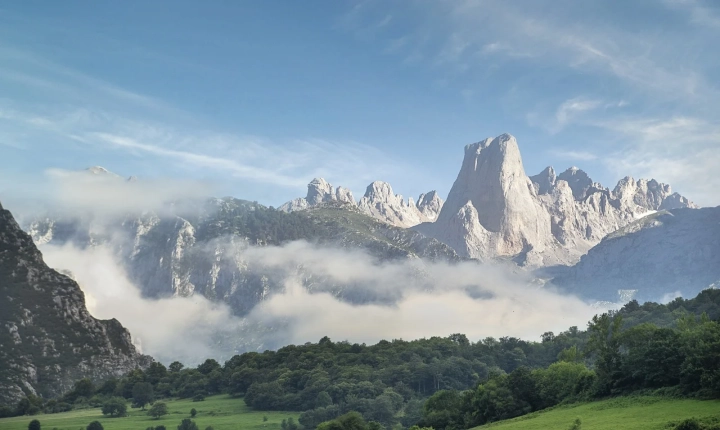Is AI the End of Art?
Artificial intelligence (AI) has undeniably transformed countless industries, from healthcare and finance to marketing and entertainment. However, as AI continues to advance, there is a growing debate about its potential impact on the world of art. Some argue that AI has the ability to revolutionize and enhance artistic expression, while others fear that it could spell the end of creativity and human ingenuity.
One of the most significant ways in which AI is affecting art is through the creation of art itself. AI algorithms have been developed to produce various forms of art, including music, visual art, and even literature. These AI-generated artworks have raised questions about the role of the artist and the authenticity of creative expression. Can art created by an algorithm truly be considered art, or does it lack the emotional depth and human experience that defines traditional artistic expression?
Proponents of AI in art argue that these algorithms can be powerful tools for artists to explore new forms of creativity and push the boundaries of traditional art. AI can analyze massive amounts of data and identify patterns that human artists may have missed, leading to new and innovative artistic techniques. Additionally, AI can augment the creative process by assisting artists in generating ideas, refining designs, and even creating artwork collaboratively with human artists. Moreover, AI can enable greater accessibility to the art world, allowing individuals who may not have traditional artistic skills to engage in creative expression.
However, skeptics question whether the use of AI in art compromises the integrity of artistic expression. They argue that AI-generated art lacks the genuine emotion, intuition, and subjective experiences that are inherent in human creativity. For many, the act of creating art is deeply personal and reflective of the human condition, and they fear that AI could devalue the authenticity and originality of artistic expression.
Furthermore, the potential impact of AI on the art market raises concerns about the economic viability of human artists. As AI-generated art gains recognition and value, human artists may face increased competition and challenges in distinguishing their work from that of algorithms. Additionally, if AI becomes proficient at creating art that resonates with audiences, it could lead to the homogenization of artistic expression, potentially stifling diversity and innovation in the art world.
In response to these concerns, proponents of AI in art argue that artists can harness AI as a tool for inspiration and experimentation, rather than a replacement for human creativity. By embracing AI as a collaborator, artists can explore new artistic possibilities and redefine the boundaries of traditional art forms. Additionally, the integration of AI in art can lead to new career opportunities, such as AI art curators, ethicists, and educators, creating a symbiotic relationship between technology and human creativity.
Ultimately, the debate over whether AI represents the end of art is complex and multifaceted. While AI has the potential to significantly alter the landscape of the art world, it is essential to recognize the enduring value of human creativity and the irreplaceable role of art in shaping the human experience. As technology continues to evolve, it is imperative for artists, scholars, and the public to engage in meaningful dialogue about the intersection of AI and art, ensuring that innovation complements rather than diminishes the essence of artistic expression.
